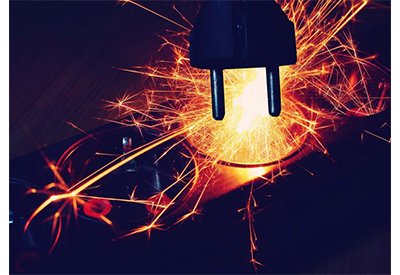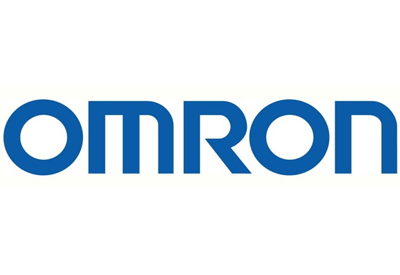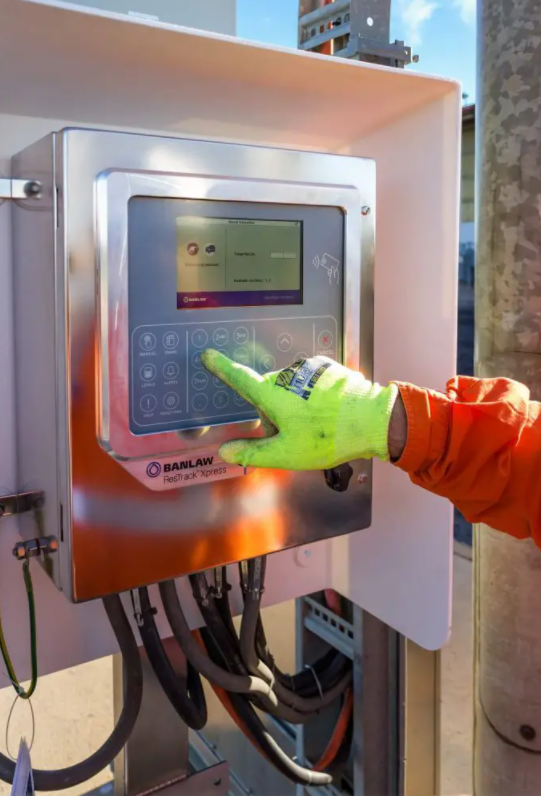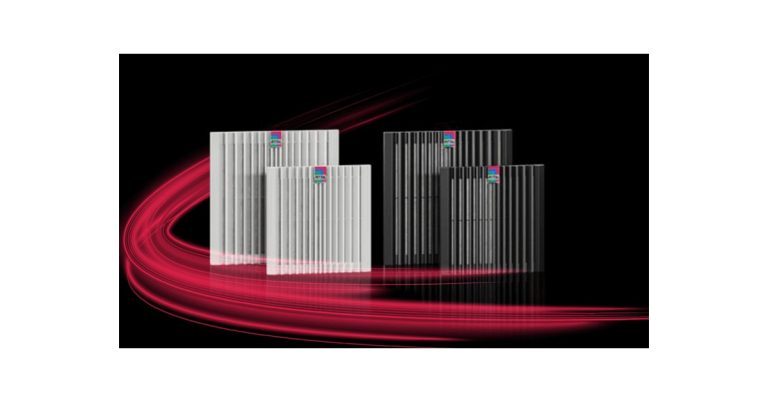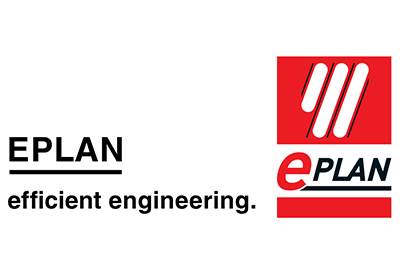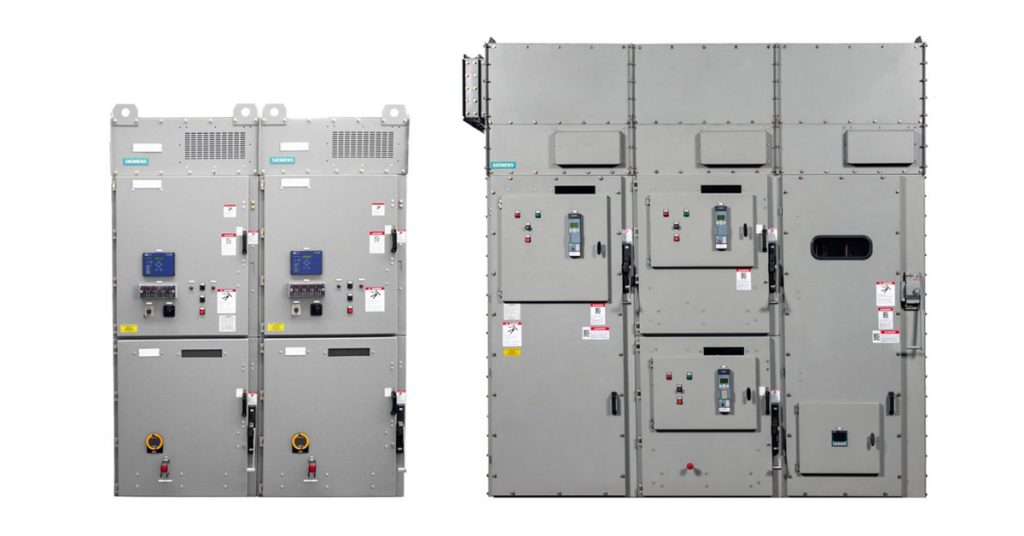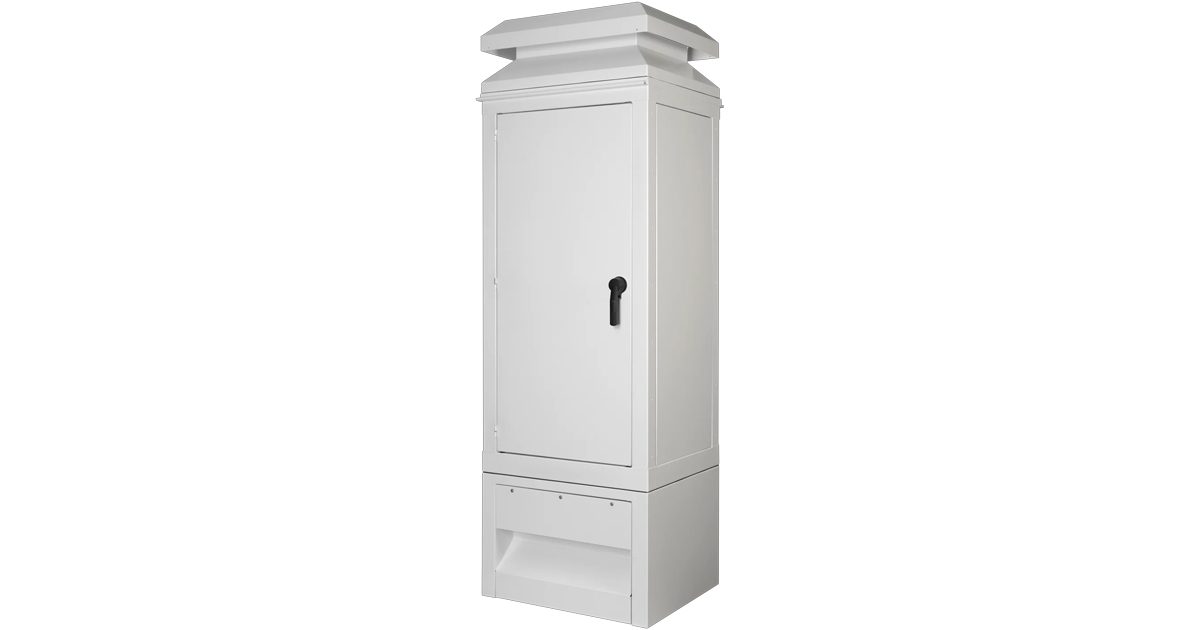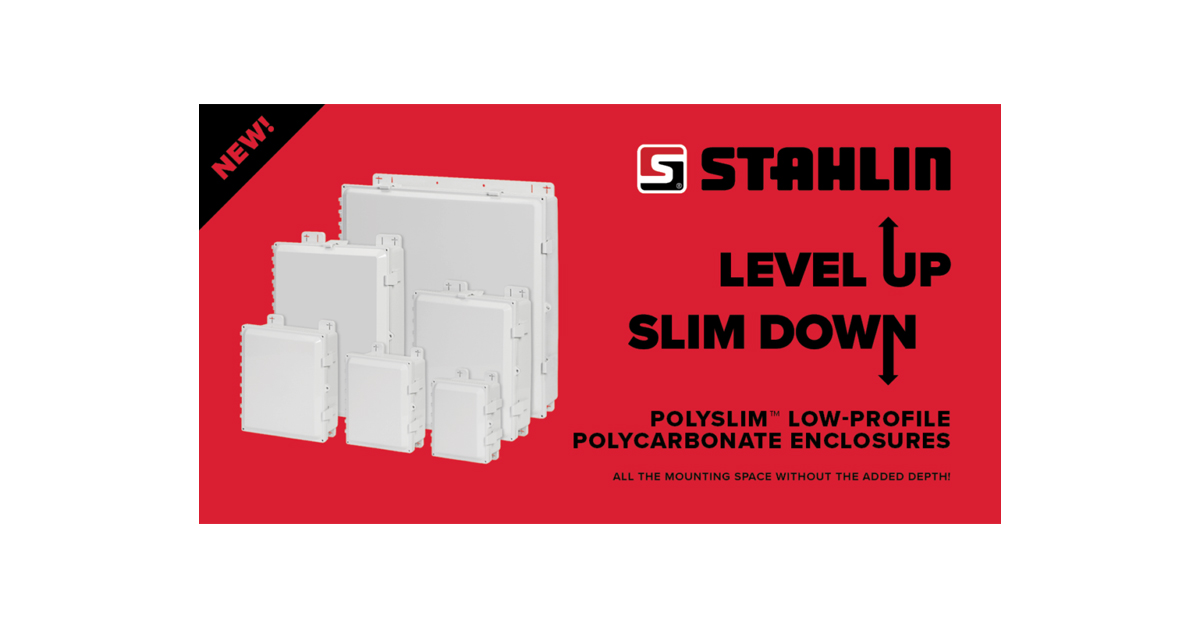New Generation of Signal Towers are Brighter and Simpler to Order and Maintain
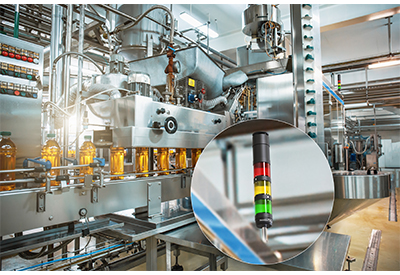
September 23, 2022
By Jacob Vernon, Production Manager, Pfannenberg
Signal tower lights play a critical role in protecting the safety of people and equipment in manufacturing and process control environments, providing visual and audible indications of system status and alerts of dangerous conditions. They are relatively simple devices, but until recently, they have been notoriously difficult to configure, order and stock because of the proliferation of different sizes and options to meet the wide range of applications.
Fortunately, a new generation of signal towers changes all this. New technology and new designs make state-of-the-art signal towers much brighter so that one size fits all applications and environments. Now, ordering signal towers is much easier and fewer spare parts are needed
Typical Signal Tower Color Schemes
Signal towers have been around for decades. They are also frequently called stack lights due to their vertical orientation. They contain up to five lights, of different colors, with each color signifying a particular status, warning or alarm.
Despite efforts to create international harmonized standards for indicator lights and their meanings (e.g., IEC 60204-1, Fifth edition Chap. 10.3.2), implementations vary. In general, the following conventions are commonly applied:
RED is an alarm condition signifying an emergency or hazardous situation.
AMBER warns of an abnormal condition or an impending critical situation.
GREEN represents normal machine or process operation or a non-hazardous environment.
BLUE signifies an important/mandatory action that is not urgent, such as refilling a hopper with raw material or scheduling a service call.
WHITE does not have any universal designation. It is often used for productivity monitoring.
Within each color category, the light can be continuous or it can blink intermittently to indicate a more urgent condition and to attract more attention.
Likewise, stack lights frequently incorporate a sounder module for audible signals for more effective warning and alarming. Sounders can generate a variety of tones including simulated bells, continuous tones, and siren sounds.
Wide Range of Applications
Sometimes a stack tower will contain only two modules. For example, laser cutting machines may use a green light to indicate that the machine is on and everything is working properly, and a red light will flash when the laser is pointing downward in cutting mode to warn operators and to alert other workers to stay clear of the machine.
In addition to warning indication and machine fault management, signal towers are also commonly used for productivity monitoring (rate-based machine output management with displays counting parts per hour or parts per shift), as well as equipment effectiveness and productivity (uptime and downtime).
In fact, stack towers are often called andon lights, for the andon system of quality control that is a principal component of the Toyota Production System. It empowers workers to stop production when a defect is found and immediately call for help.
In the andon system, a green light indicates that production is proceeding normally. Yellow signifies that a problem has appeared and the operator needs assistance, and red alerts supervisors that the problem needs further investigation.
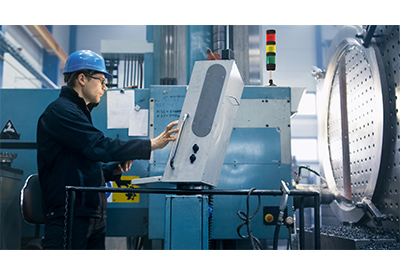
Stack lights are widely used as warnings and alarms to protect workers, equipment and buildings from elevated levels of hazardous chemicals. For example, green lights may signify very low levels. A yellow light with an audible signal would designate detection of say, five parts per million of ammonia gas. And flashing red, with a strobe light and a loud audible alarm would be triggered at more dangerous levels.
New Generation of Stack Lights
A new generation of stack lights incorporates LED elements to replace incandescent bulbs. The LEDs, which can be 10,000% brighter, have a number of important advantages.
First is the obvious benefit that because they are brighter, they are much more effective in performing their function of being clearly visible and capturing attention in all ambient light conditions, including outdoor installations.
High luminosity is also increasingly critical indoors. Industrial spaces are being equipped with better artificial lighting and more natural lighting is being used for energy saving and sustainability.
A second benefit is that LEDs last much longer than incandescent bulbs. Whereas incandescent bulbs typically are rated at a lamp life of only 2500 hours under ideal conditions, LED elements last for at least 50,000 hours. Moreover, LEDs are not vulnerable to vibration and shock the way incandescent bulbs are.
Third, LED bulbs generate less heat and consume much less electrical power.
The Size Advantage
All of these benefits are important, but they are commonplace for many other applications where LEDs have replaced incandescent bulbs. Perhaps the most significant advantage of the new generation of stack lights comes from the much smaller size of the LED elements compared to incandescent bulbs.
One of the problems with incandescent bulbs is they need to dissipate heat, and therefore to produce more luminosity, you need a larger bulb, which in turn is encased in a larger colored lens. As a result, stack towers varied in diameter up to 4 inches (100 mm). State-of-the-art LED stack towers have lenses that are about half the diameter even though the systems are much brighter.
One-Size-Fits-All for Easier Ordering and Inventory
Catalogues for signal towers with incandescent bulbs can run 100 pages or more, with varying bulb and lens sizes needed depending on the luminosity requirements for each application and environment. Selecting the right size and figuring out all the parts required has complicated the ordering process. And if a facility requires a variety of sizes, maintaining an inventory of all of the different spare parts gets to be costly and burdensome.
The new state-of-the-art LED signal towers are bright enough so that one-size-fits-all, or nearly all, applications. It’s now much simpler to figure out what is needed for each application, and maintaining inventory is much cheaper and easier.
Signaling towers are a simple and effective solution for a wide variety of applications. Now they are as easy to order, install and maintain as they should be.
For more information, visit HERE.

